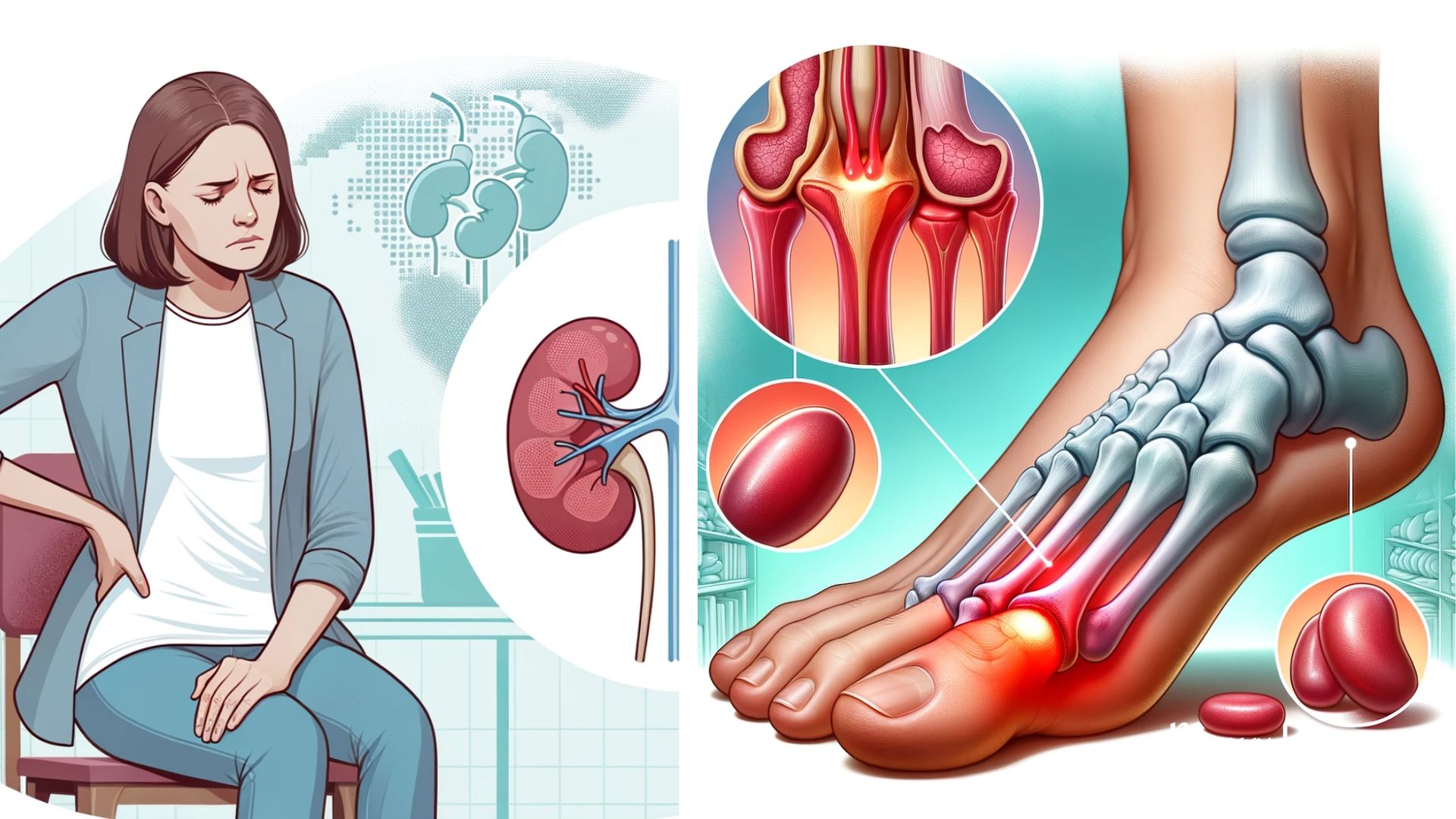Reasons for Losing Your Voice and What to Do
Why am I losing my voice? Losing your voice is a common issue that often results from overuse of vocal cords, like yelling at a concert or talking too much. Other times, it can be a symptom of an infection, such as a cold or sore throat, bronchitis, and sinus infections. However, persistent voice loss could be an indication of more serious issues like vocal cord nodules or even throat cancer.
To treat voice loss, most people rely on home remedies like hot teas, voice rest, and humidifiers. For persistent problems, medical help should be sought.
Main Reasons for Losing Your Voice

Overuse of Vocal Cords
Yes, your vocal cords need a break too! Talking, shouting, or singing loudly for long periods can strain them. When this happens, you may find your voice getting scratchy or disappearing altogether.
What to Do: Rest your voice as much as possible. Sip warm water or herbal teas to soothe your irritated vocal cords. Additionally, you could use a humidifier in your room to keep the air moist, which helps in the healing process.
Colds and Respiratory Infections
You know that feeling when your nose is all stuffed up, and you can’t talk, right? Colds, the flu, and sinus infections often cause you to lose your voice or experience hoarseness due to irritation in your throat.
What to Do: You can drink warm fluids, a pain reliever, and try over-the-counter lozenges to relieve the symptoms, including hoarseness. Also, staying hydrated helps in faster recovery. If the problem sticks around for more than a week, it’s a good idea to visit a doctor for advice.

Allergies
Allergies to pollen, pet dander, or even certain foods can inflame your vocal cords. When they get swollen, your voice may start to sound scratchy or fade away.
What to Do: Antihistamines can help relieve allergy symptoms, including voice loss. But keep in mind some antihistamines can dry out your throat, making it harder for you to recover your voice fully.
Smoking or Breathing in Irritants
If you’re around smoke or chemicals, you might notice that your voice changes. These substances irritate your vocal cords and can cause temporary voice loss. If you smoke, quitting is the best way to protect your voice.
Gastroesophageal Reflux (GERD)
Sometimes, stomach acid can travel back up your esophagus and irritate your vocal cords. This is called GERD. It’s not just about heartburn; it can also make you lose your voice.
What to Do: You can manage GERD symptoms by eating smaller meals, avoiding spicy foods, and taking antacids if needed. Consult your doctor for specific medications that may be suitable for you.
Medications
Certain medications, for example, antidepressants, antihypertensives, muscle relaxants, diuretics, and antihistamines, can also cause voice changes. That’s because they affect your voice by typically drying out the protective mucosal layer protecting your vocal cords.
What to Do: If you think medication is affecting your voice, consult your doctor for possible alternatives or adjustments in your treatment.
More Serious Causes
Losing your voice frequently or for a prolonged period might indicate something more serious. Conditions like vocal cord nodules, polyps, or even throat cancer could be the culprit.
What to Do: If voice loss persists, you should definitely seek medical help for a thorough evaluation. Tests may include a laryngoscopy, where a tiny camera looks at your vocal cords to see what’s going on.
Professional Help
For those who use their voice professionally, like singers or public speakers, voice loss can be especially concerning. In these cases, voice therapy from a qualified laryngologist (ENT voice specialist) can be beneficial. These experts teach you how to use your voice effectively without damaging your vocal cords.
When to Seek Medical Help
If you’re facing persistent issues, waiting too long to seek medical help isn’t wise. Especially if symptoms last longer than two weeks or come with additional issues like pain or difficulty swallowing. If you experience these symptoms, consult a laryngologist (ENT voice specialist).
Frequently Asked Questions about Losing Your Voice
Can I still exercise if I’ve lost my voice?
You may be wondering if it’s okay to hit the gym while you’re struggling to speak. Generally, physical exercise won’t directly worsen your voice loss, but it’s essential to stay hydrated. Drinking water before, during, and after exercise helps keep your vocal cords moist. However, if you’re feeling under the weather due to a cold or flu, it might be best to rest.
How long does it usually take to get my voice back?
Recovery time varies from person to person and depends on the cause. For a simple case like vocal cord overuse, a day or two of vocal rest should do the trick. On the other hand, if an infection is causing the issue, you might need a week or more to fully recover. For more severe conditions, recovery can take even longer and may require medical intervention.
Is drinking cold water bad for a lost voice?
You might have heard that cold water is a no-no when you’ve lost your voice. While cold water won’t harm your vocal cords, warm fluids are generally better. They can soothe your throat and provide relief more effectively than cold water. So, go for that warm cup of herbal tea instead!
Is whispering better for my voice?
It’s a common myth that whispering is less stressful for your vocal cords. In reality, whispering can actually strain them more than speaking softly. So, if you’ve lost your voice, try to communicate using written messages or use gestures instead of whispering.
Are lozenges and sprays effective for treating voice loss?
Lozenges and throat sprays can offer temporary relief by moistening your throat. However, they don’t treat the root cause of the problem. If you find that you’re relying heavily on these products, it’s a good idea to consult a healthcare provider for a more effective treatment plan.






